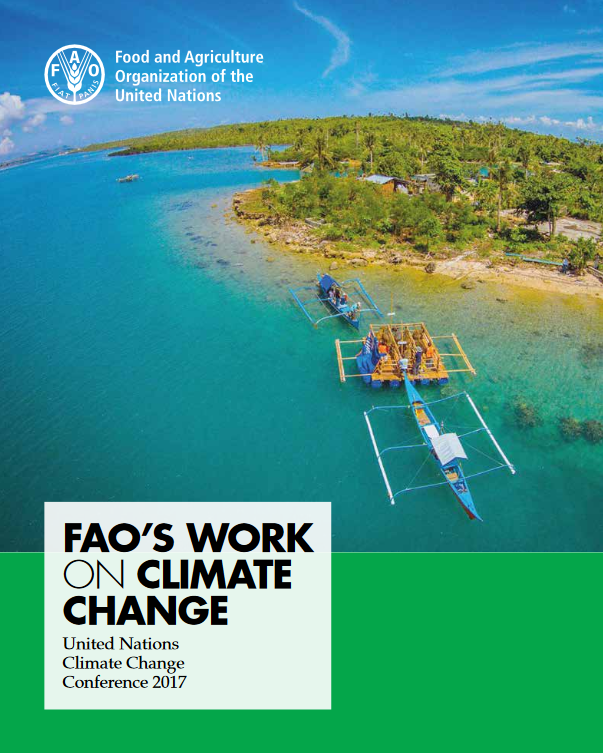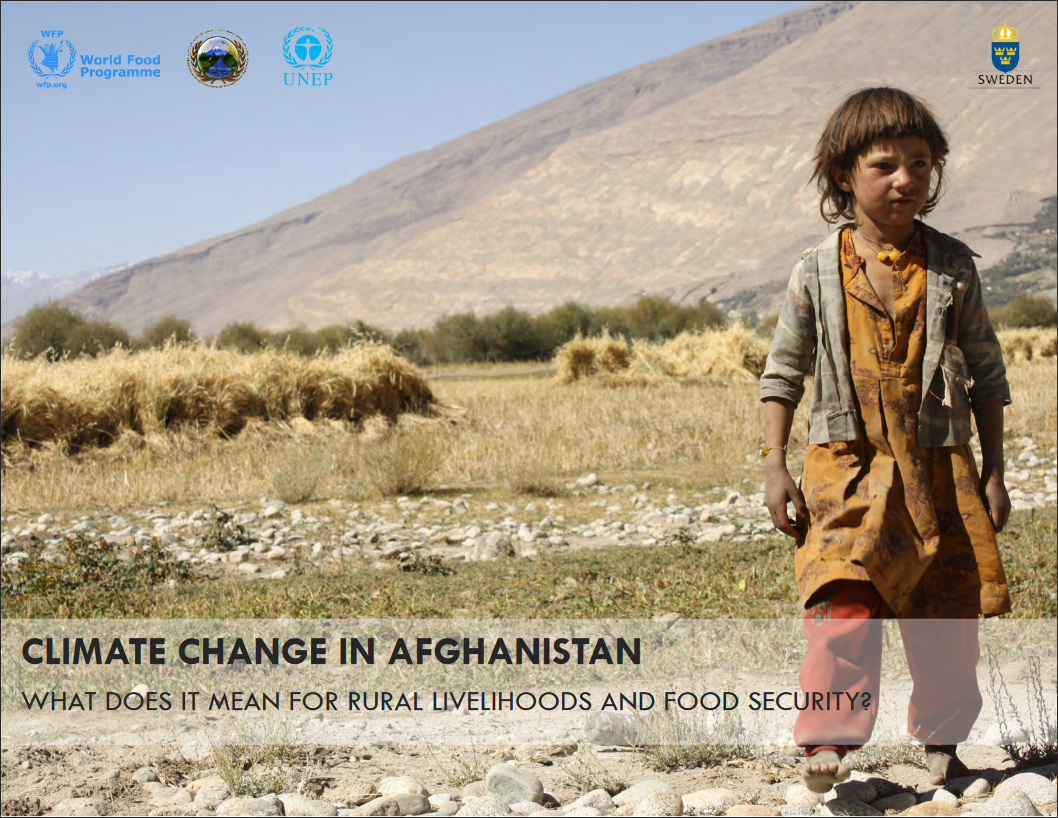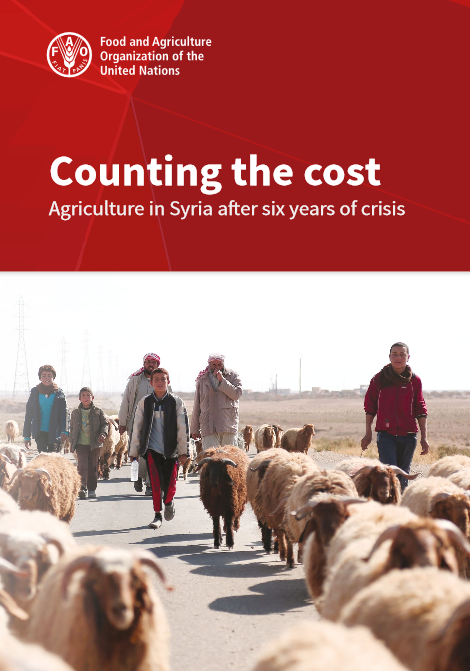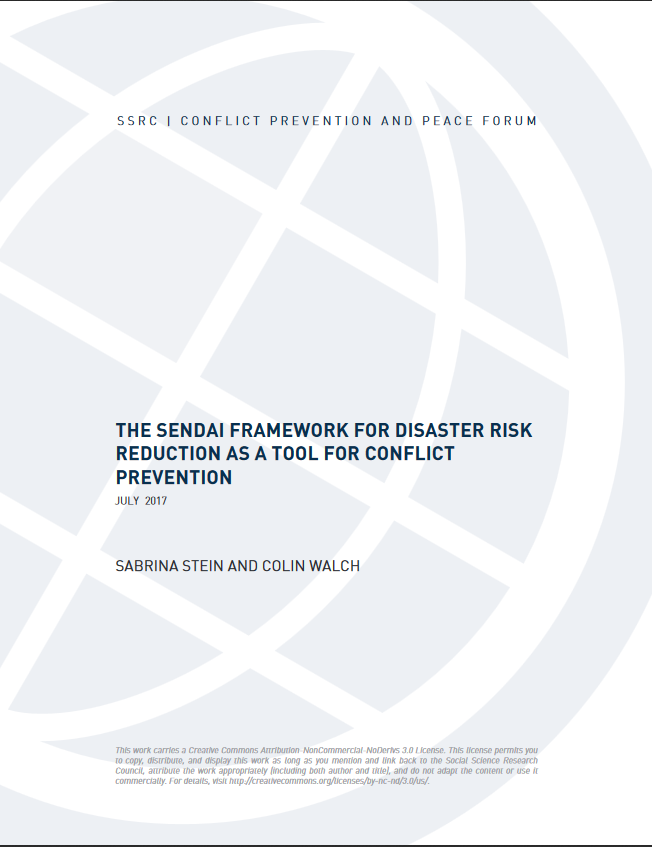Climate Change & Security in South Asia - Cooperating for Peace
South Asia is on the front line in confronting the implications of climate change and addressing the consequences for security.
To analyse this and more, the Global Military Advisory Council on Climate Change (GMACCC) has just released its report “Climate Change and Security in South Asia”. GMACCC is a global network of military and security experts working on the security implications of climate change. President BIPSS, Major General A N M Muniruzzaman, ndc, psc (Retd) is the Chairman of GMACCC. He is also a lead author of this report.









